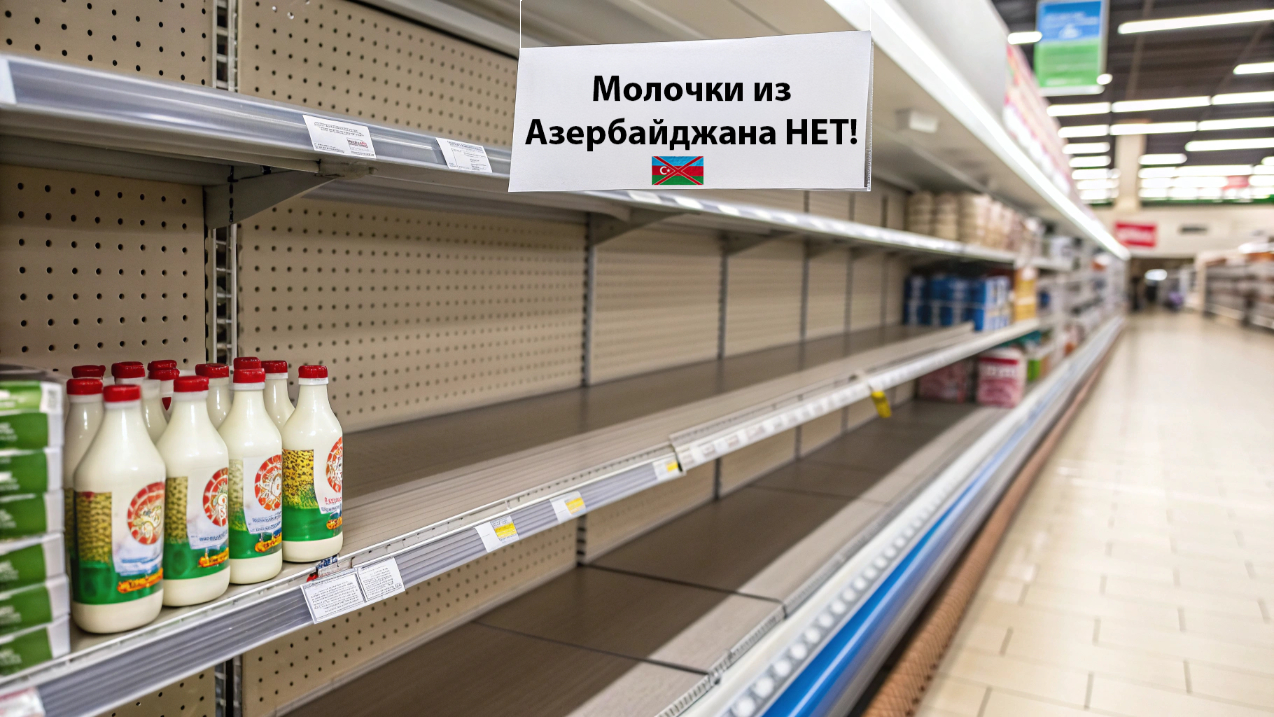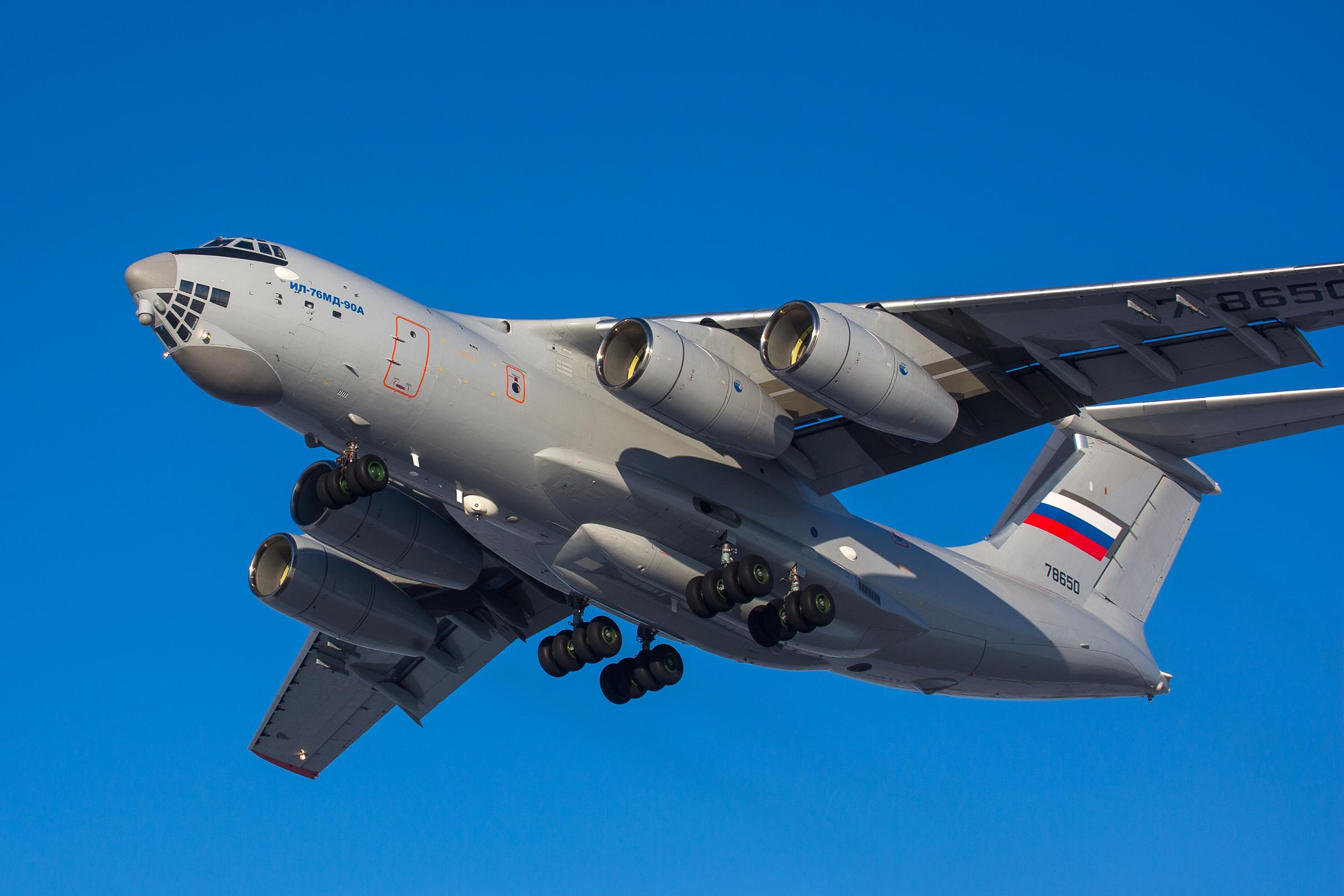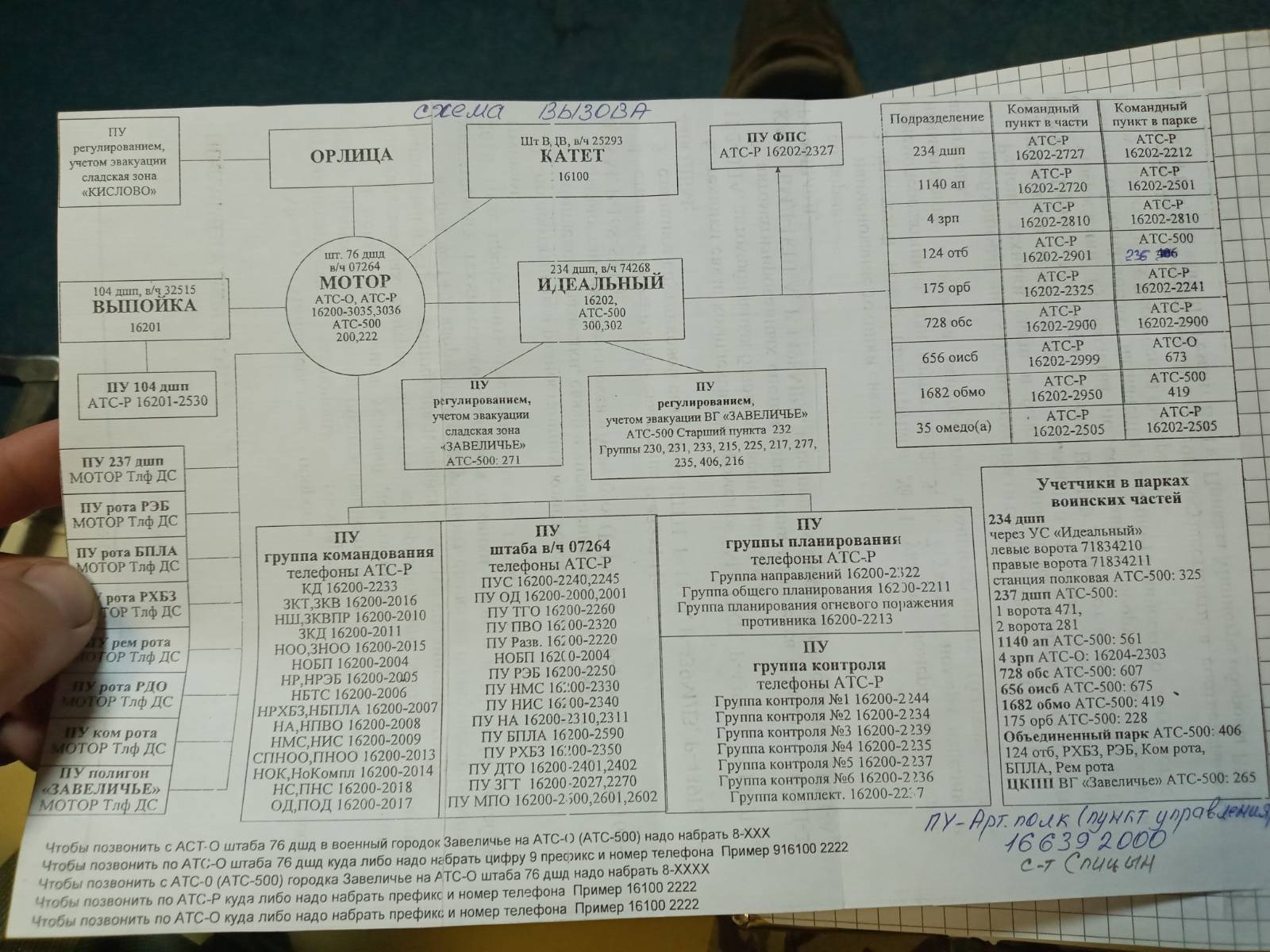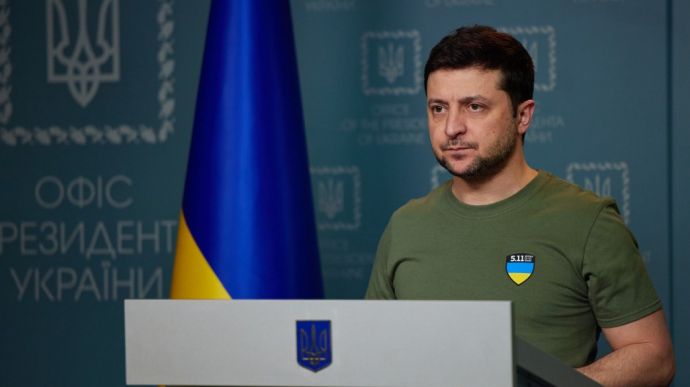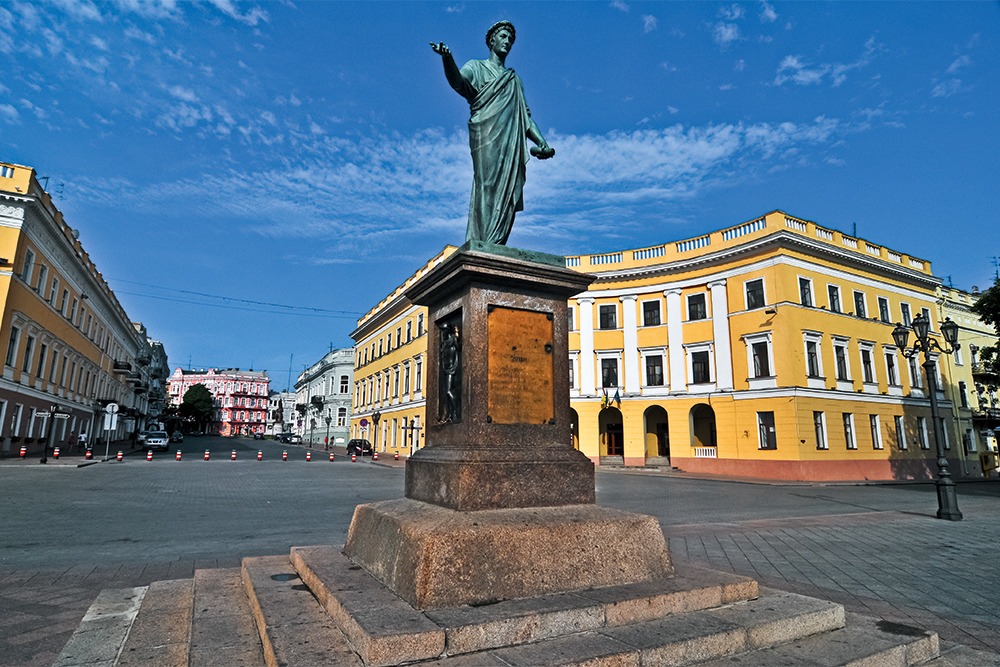Russia has once again proven that nothing says “diplomatic maturity” quite like punishing your own consumers while claiming to protect them. In the latest episode of Moscow’s time-honored tradition of using food as a geopolitical battering ram, Rosselkhoznadzor – Russia’s wonderfully named Federal Service for Veterinary and Phytosanitary Surveillance – has imposed a ban on dairy products from two Azerbaijani companies. Because Russia-Azerbaijan relations have hit a rough patch, butter and cheese deemed acceptable just weeks ago are apparently the first casualties.
The ban, which took effect on July 11, 2025, targets ALLBUY LLC and MILK PRODUCTS LLC, two Azerbaijani dairy producers who, according to Russian officials, “refused to undergo inspections by the Russian Service” and showed “lack of interest in continuing to supply their products to Russia”. How dare they!
A Relationship Gone Sour – Like Milk Left in the Sun

The timing of this dairy drama is hardly coincidental. Russia-Azerbaijan relations have been deteriorating faster than a Facebook friendship after a political argument, with the breaking point coming after the tragic crash of Azerbaijan Airlines Flight 8243 in December 2024. The aircraft, en route from Baku to Grozny, crashed in Kazakhstan after being struck by a Russian surface-to-air missile, killing 38 people including 26 Azerbaijani citizens. Russia’s response to this tragedy? A demonstratively cynical refusal to take responsibility, apologize, or provide compensation. Instead, the Kremlin’s propaganda machine went into overdrive, attempting to blame birds and Ukrainian drones for the tragedy.
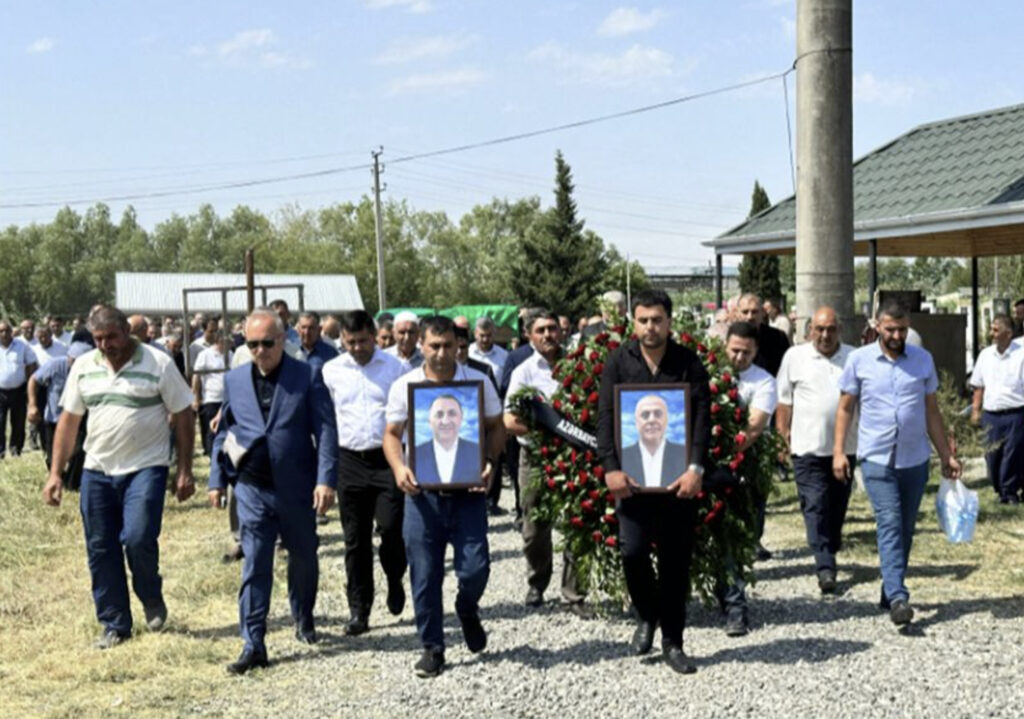
The situation spiraled further when Russian security forces conducted what can only be described as a 1990s-style gangster raid in Yekaterinburg on June 27, targeting ethnic Azerbaijanis under the pretext of investigating a 2001 murder. The operation resulted in the killing of two older brothers and injuries to several others, with reports of brutal tactics including beatings, electric shocks, and inhuman treatment.
The Predictable Playbook: When in Doubt, Ban the Food
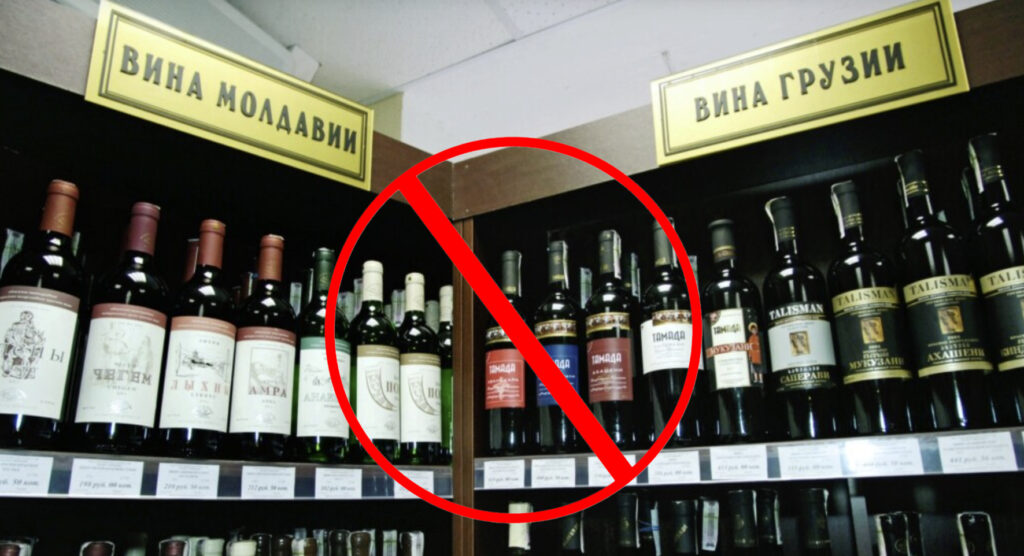
Russia’s use of food bans as a diplomatic weapon is not original. This is the same country that has previously banned Georgian wine, Moldovan wine and fruit, Lithuanian dairy, Ukrainian chocolate, Armenian dairy products, and even Belarusian milk – all coincidentally during periods of political tension. It’s almost as if Russia keeps a “break glass in case of diplomatic crisis” box filled with agricultural product prohibitions.

Former Russian economy minister Yevgeny Yasin perhaps put it best when he noted that Gennady Onishchenko, Russia’s former chief sanitary inspector, “couldn’t hold this post if he didn’t carry out political tasks from time to time”. As one observer highlighted, “Russia has for years used Rosselkhoznadzor as a blunt foreign policy instrument against former Soviet states whose actions Moscow dislikes”. The agency’s record reads like a greatest hits album of diplomatic pettiness: ban this, prohibit that, destroy everything else.
Azerbaijan’s Measured Response: We’re Just Not That Into You
To their credit, Azerbaijani officials have responded to this latest culinary cold war with the diplomatic equivalent of a shrug. According to reports, the Food Safety Agency of Azerbaijan confirmed that the banned companies were indeed “not interested in further deliveries of their goods to Russia”. It’s the international trade version of “it’s not you, it’s me” – except it really is you, Russia.
This nonchalant response reflects a broader shift in Azerbaijan’s foreign policy posture. Unlike the frantic efforts to make amends that might have marked Baku’s reactions to Russian pressure in past decades, Azerbaijan now appears confident enough to withstand Moscow’s economic tantrums. The country has been systematically reducing its dependence on Russian goodwill, closing Russian cultural centers, restricting Russian media operations, and generally acting like a state with stronger alternatives. For the first time, Baku has clearly seen the real Russia.
Azerbaijan’s Strategic Pivot: From Moscow with Distance

While Russia throws dairy-based diplomatic tantrums, Azerbaijan has been quietly building its partnerships with more reliable and like-minded actors. The country has consistently supported Ukraine’s territorial integrity, providing humanitarian aid, demining equipment and reconstruction assistance. President Ilham Aliyev has been unequivocal in his support, stating that “no country, at least in my understanding, will agree to compromise on territorial integrity”.
The EU, for its part, has recognized Azerbaijan as “an important partner in the region” and praised Baku’s role in helping Europe diversify its energy supplies. EU High Representative Kaja Kallas has emphasized that the relationship should be based on “mutual respect,” a concept that seems to have escaped Moscow’s diplomatic vocabulary.
Russia’s Self-Defeating Strategy
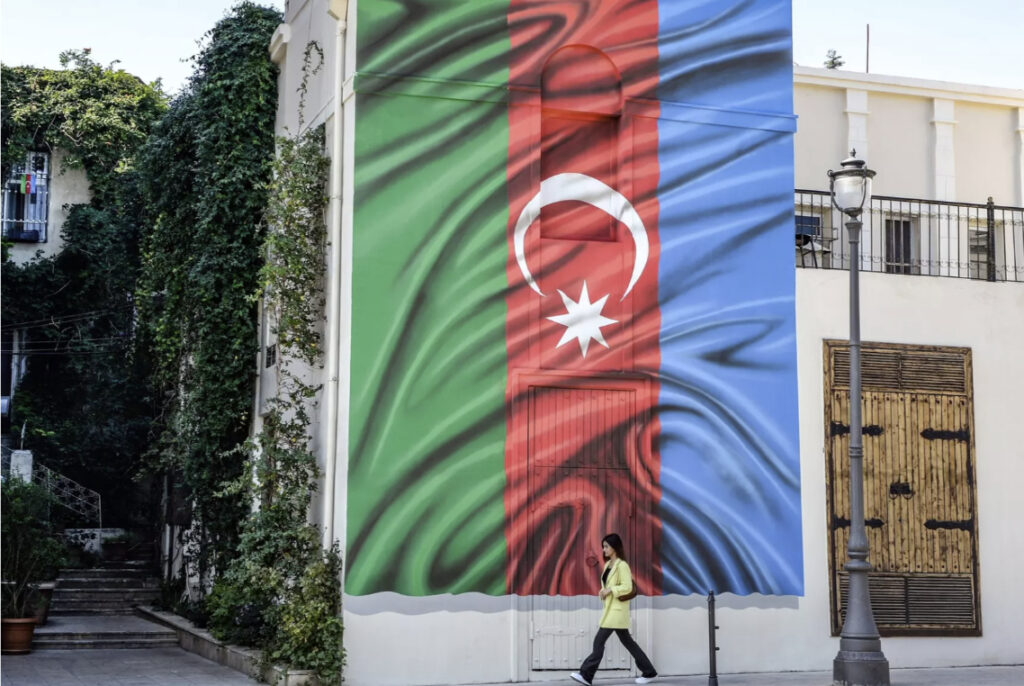
The Russian ban on Azerbaijani dairy products is ultimately a perfect metaphor for Moscow’s broader foreign policy approach: self-defeating, petty, and rooted in the delusion that other countries have no choice but to tolerate Russian bullying. By weaponizing everything from energy to food to cultural exchanges, Russia has succeeded primarily in demonstrating why its neighbors are eager to find alternative partners.
Azerbaijan’s pivot toward Europe represent the future of post-Soviet geopolitics: countries making rational choices based on their interests rather than Moscow’s preferences. Russia’s dairy ban won’t bring Azerbaijan back into line – it will simply accelerate Baku’s integration with more reliable partners who understand that diplomacy involves more than just threatening to take away the milk money.
